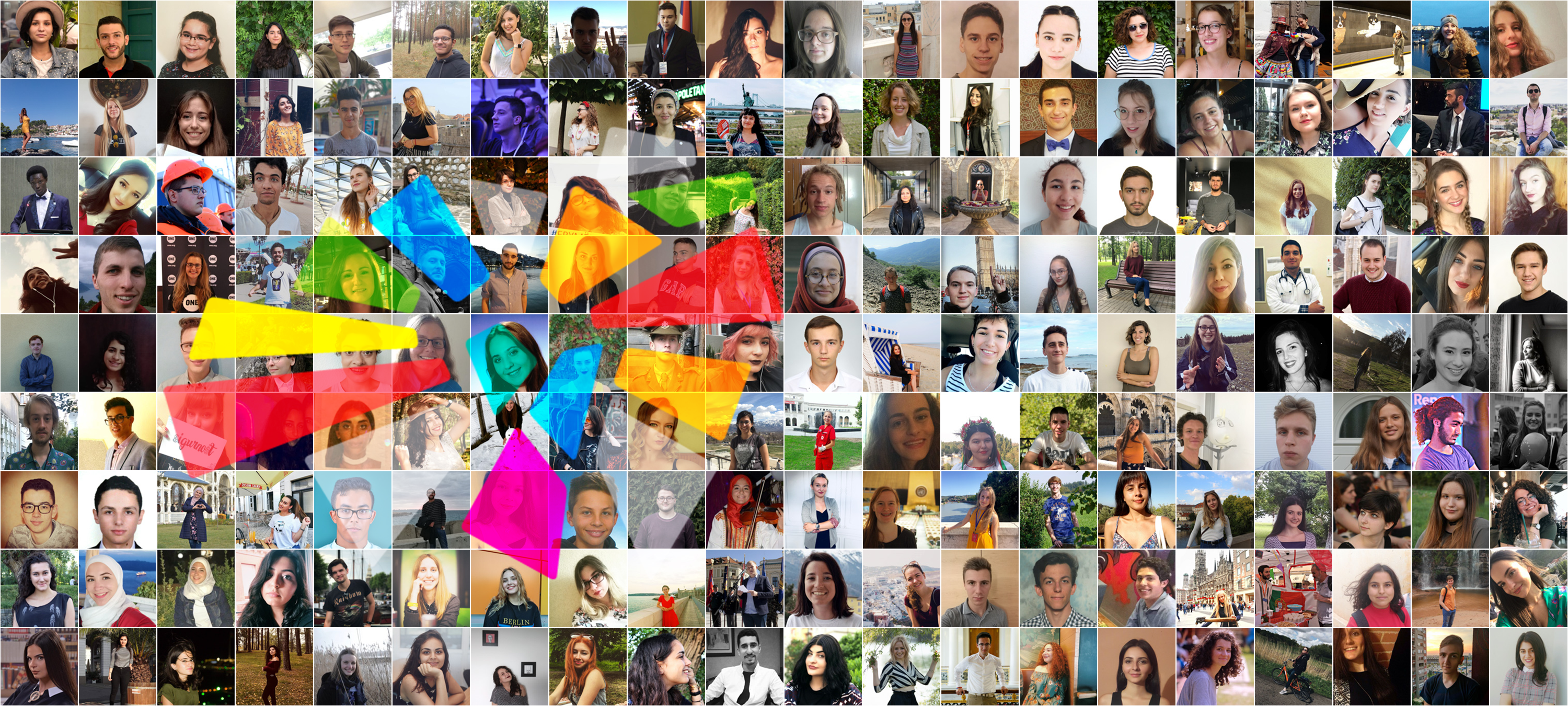La charte est disponible en anglais et téléchargeable au format PDF.
To commemorate the centenary of the end of World War I (1914-1918), 500 young people from 48 different countries[1] (see below) in Europe and its neighboring regions will gather for the international youth meeting “Youth for Peace – 100 Years After World War I, 100 Ideas for Peace”, from November 14th to 18th 2018 in Berlin, organized by the Franco-German Youth Office (FGYO) and various partner organizations.
The youth meeting to be a space for constructive intercultural dialogue. Its specific objectives are facilitating joint reflection on the events that occurred 100 years ago at the end of World War I from different perspectives and the impact these events have had on the countries involved and their societies to date in addition to discussing the topic of building peace and reflecting on the challenges Europe and the societies in its Eastern and Southern neighborhood are currently facing. This requires great curiosity, tolerance and an understanding of the different, partly conflictual historical narratives and collective memories in countries that were at times former enemies.
For this purpose, the FGYO and its partners are offering tools for peace education, memory work, and intercultural learning to the participating young people. They/You will get to know each other, participate actively, and work together in workshops related to the overarching topic of peace in and around Europe under the supervision of a staff composed of 80 youth leaders, educational coordinators, support assistants and employees of the Franco-German Youth Office.
All of those involved (participants and staff) in the gathering are committed to treating each other respectfully regardless of sex, age, nationality, ethnicity, religion, political or other opinion, sexual orientation, social origin or other status, and to remaining open-minded.
Discriminatory behavior or sentiments (such as sexism, racism, homo- and transphobia, classism) as well as intentions to harm others physically or psychologically will not be tolerated.
[1] Albania, Algeria, Armenia, Austria, Azerbaijan, Belarus, Belgium, Bosnia and Herzegovina, Bulgaria, Croatia, Cyprus, Czech Republic, Denmark, Egypt, Estonia, Finland, France, Georgia, Germany, Greece, Hungary, Ireland, Israel, Italy, Jordan, Kosovo, Latvia, Lebanon, Libya, Lithuania, Luxemburg, the Former Yugoslav Republic of Macedonia, Malta, Moldova, Montenegro, Morocco, the Netherlands, the Palestinian Territories, Poland, Portugal, Romania, Russia, Serbia, Slovakia, Slovenia, Spain, Sweden, Syria, Tunisia, Turkey, Ukraine, and the United Kingdom.
